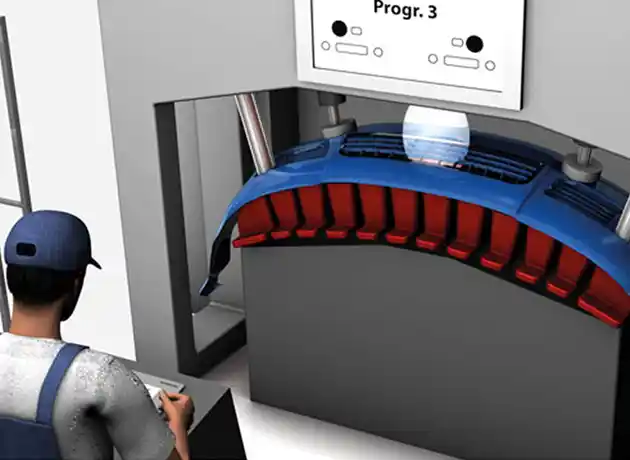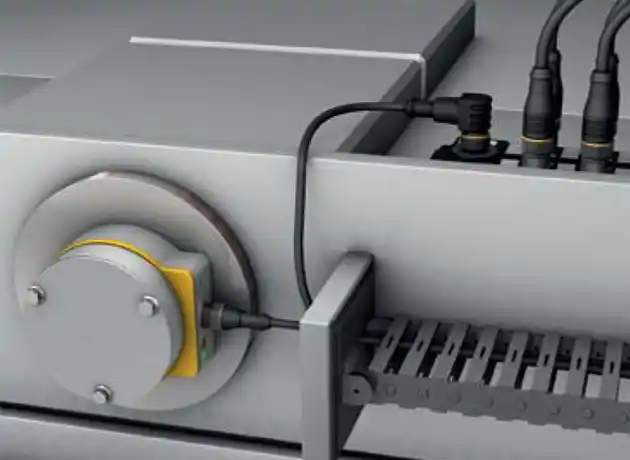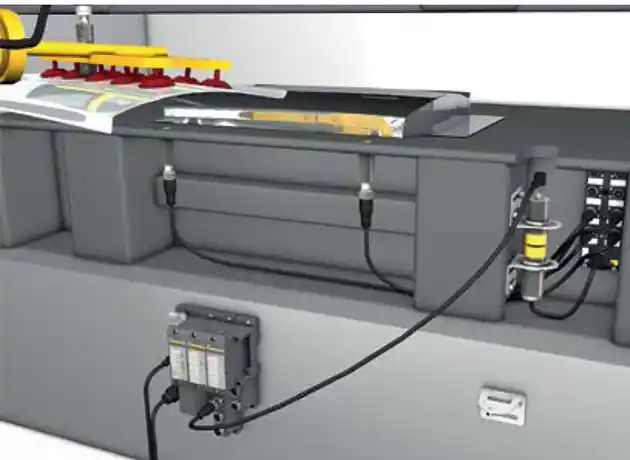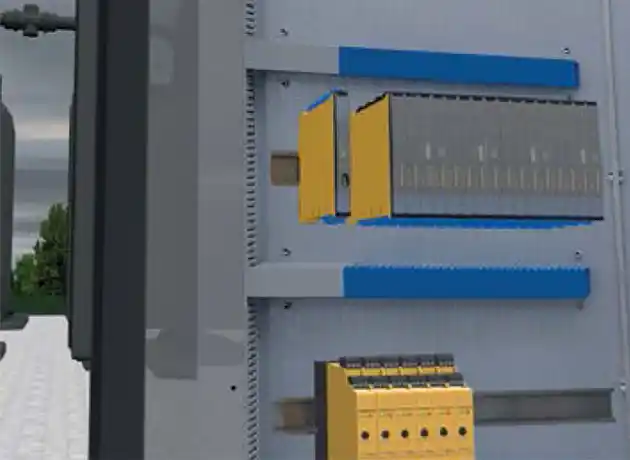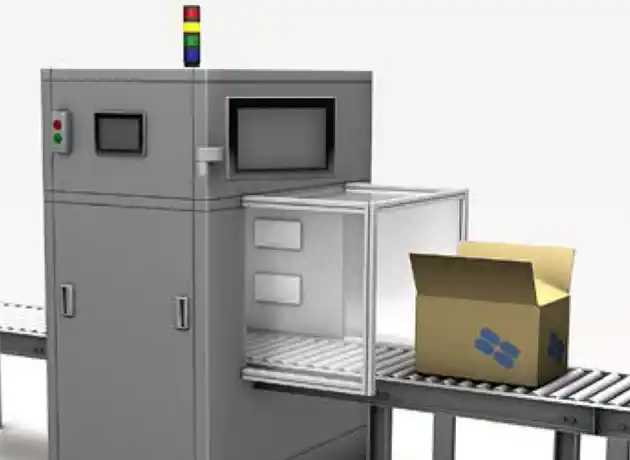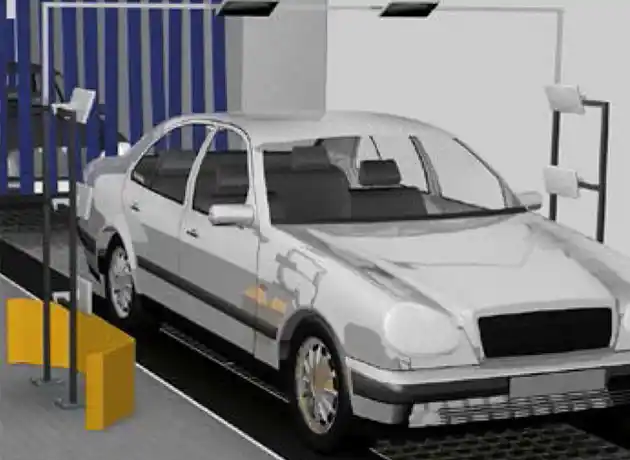Industry 4.0
Industry 4.0 is a digital transformation of manufacturing industries. Intelligently large-scale networking of your industrial machines and processes through information and communication technologies. Transform your manufacturing data and interconnect big data, workforce, processes, services, systems and industrial resources and establish Internet of Things (IoT). Exploit previously siloed data and realize smart industry, deliver real-time decision making and enhance productivity, flexibility and agility.
Improve your processes with Industry 4.0
Look at the technology behind Industry 4.0
Industrial Internet of Things (IIoT) is and will be the key fundamental component of smart factories. Industry 4.0 platforms are changing the manufacturing industry. IIoT provides process automation that allows you to manage all connected devices remotely.
Industry 4. and IIoT provide a better understanding of how connected devices work, so you can make better decisions. IIoT enables you to collect data from devices and improve efficiency, productivity and quality with the analysis of this data. Predictive maintenance allows you to save money, while real time data analysis enables you to prevent costly downtime.
Meet the key benefits of Industry 4.0
Take a look at Industry 4.0 use cases
Some more Industry 4.0 use cases
Read the latest Industry 4.0 news
Vuzix M400 Smart Glasses
The M400 smart glasses are the most wearable, powerful, and versatile head-worn computers on the market, easily integrable into your workflows and leveraged for various use cases.
Turck IIoT service platform TAS
The IIoT platform is a top multitool offering a holistic solution that includes updates, Turck device management, and intelligent sensors.
Advanced SPE components from Escha
With the SPE cables and connectors ensure a cost-effective and space-saving connection of sensors in real time and with more functions.
Vuzix M4000 Smart Glasses
Experience a revolutionary way of displaying an image on a transparent screen with the smart glasses from the Vuzix M-Series longevity solutions.
AR solutions for mobile workers
Digitize and streamline processes for employees in desk-free workspaces with AR-guided solutions and wearables.
Cloud IIoT platform Unitronics UniCloud – enter the world of IIoT!
The UniCloud cloud IIoT platform is a free, scalable and secure solution. Set it up in less than 30 minutes and increase efficiency.
Subscribe to our newsletter!


